 W
WAn amanuensis is a person employed to write or type what another dictates or to copy what has been written by another, and also refers to a person who signs a document on behalf of another under the latter's authority. The term is often used interchangeably with secretary or scribe.
 W
WSophia Braeunlich was an American business manager and journalist. She started her career as an amanuensis at The Engineering and Mining Journal, advancing to positions of exchange news editor and reader. She was elected secretary and treasurer of the Scientific Publishing Company, and served as the establishment's business manager. The Engineering and Mining Journal and the Mineral Industry felt the influence of Braeunlich in devising and adopting the best methods for increasing circulation, obtaining advertisers, improving the quality of the published matter, and systematizing the efficiency of office work.
 W
WWalter Coulson was an English newspaper editor, barrister, writer and associate of Jeremy Bentham. He served as Parliamentary reporter on the Morning Chronicle and was the editor of the evening paper The Traveller.
 W
WSyms Covington (1816–1861) was a fiddler and cabin boy on HMS Beagle who became an assistant to Charles Darwin and was appointed as his personal servant in 1833, continuing in Darwin's service after the voyage until 1839. Originally named Simon Covington, he was born in Bedford, Bedfordshire, England, the youngest child of Simon Covington V and Elizabeth Brown. After Covington's trip on the Beagle, he then emigrated to Australia and settled as a postmaster, marrying Eliza Twyford there.
 W
WEyre Crowe (1824–1910) was a British author and painter, principally of historical art and genre scenes, but with an interest in social realism.
 W
WMatthew De Abaitua is a British writer. He is a lecturer in Creative Writing at the University of Essex.
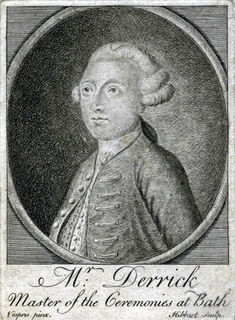 W
WSamuel Derrick (1724–1769) was an Irish author. He was known as a hack writer in London, where he had wide literary connections.
 W
WRichard Roy Douglas, better known as Roy Douglas, was an English composer, pianist and arranger. He worked as musical assistant to Ralph Vaughan Williams, William Walton, and Richard Addinsell, made well-known orchestrations of works such as Les Sylphides and Addinsell's Warsaw Concerto, and wrote a quantity of original music.
 W
WEric William Fenby OBE was an English composer, conductor, pianist, organist and teacher who is best known for being Frederick Delius's amanuensis from 1928 to 1934. He helped Delius realise a number of works that would not otherwise have been forthcoming.
 W
WIsabella Fenwick was a 19th-century British amanuensis, and a confidante, advisor, and friend of William Wordsworth and his family in his later years. She is the scribe behind the Fenwick Notes, an autobiographical and poetic commentary Wordsworth dictated to her over a six-month period between January and June 1843. Her friendship inspired Wordsworth to write "On a Portrait of I.F., painted by Margaret Gillies" and "To I.F."—a sonnet in which he calls her "The star which comes at close of day to shine," a reference to their bond formed late in life.
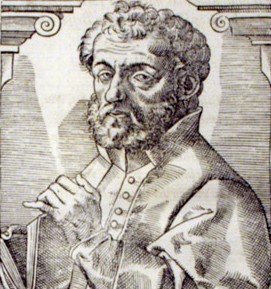 W
WGeorge of Trebizond was a Greek philosopher, scholar and humanist.
 W
WGeorges Albert Édouard Brutus Gilles de la Tourette was a French neurologist and the namesake of Tourette syndrome, a neurological condition characterized by tics. His main contributions in medicine were in the fields of hypnotism and hysteria.
 W
WImogen Clare Holst was a British composer, arranger, conductor, teacher, musicologist, and festival administrator. The only child of the composer Gustav Holst, she is particularly known for her educational work at Dartington Hall in the 1940s, and for her 20 years as joint artistic director of the Aldeburgh Festival. In addition to composing music, she wrote composer biographies, much educational material, and several books on the life and works of her father.
 W
WAnnie Elizabeth Fredericka Horniman CH was an English theatre patron and manager. She established the Abbey Theatre in Dublin and founded the first regional repertory theatre company in Britain at the Gaiety Theatre in Manchester. She encouraged the work of new writers and playwrights, including W. B. Yeats, George Bernard Shaw and members of what became known as the Manchester School of dramatists.
 W
WGeorge H. Hucke was a musician, playing both violin and mandolin, and he became one of the most popular English composers for the mandolin. He was also the author of an 1893 mandolin method called Forty Progressive Studies for the Mandoline, published by John Alvey Turner. Part of the BMG movement. Hucke died in Hammersmith London.
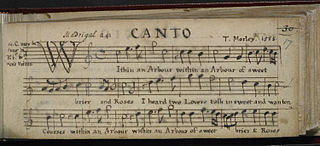 W
WJohn Immyns was an English attorney, lutenist, and prolific copyist.
 W
WMaud Karpeles was a British collector of folksongs and dance teacher.
 W
WRagnvald Moe (1873–1965) was a Norwegian historian.
 W
WMarie Pasteur, née Laurent, was the scientific assistant and co-worker of her spouse, the famous French chemist and bacteriologist Louis Pasteur.
 W
WRichard Realf was a poet who lived in many places throughout the United States, and whose work was informed by these travels. An obituary called him "a singularly unhappy man".
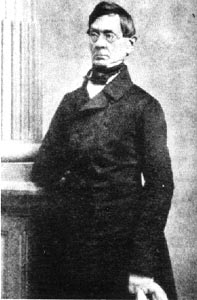 W
WAnton Felix Schindler was an Austrian law clerk and associate, secretary, and early biographer of Ludwig van Beethoven. He was born in Meedel, Moravia, and died in Bockenheim.
 W
WKarl Manne Georg Siegbahn FRS(For) HFRSE was a Swedish physicist who was awarded the Nobel Prize in Physics in 1924 "for his discoveries and research in the field of X-ray spectroscopy".
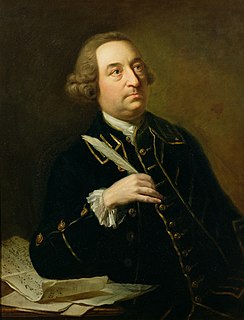 W
WJohn Christopher Smith was an English composer who, following in his father's footsteps, became George Frideric Handel's secretary and amanuensis.
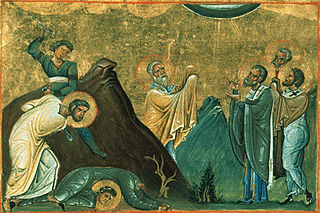 W
WAccording to the New Testament book of Romans, Tertius of Iconium acted as an amanuensis for Paul the Apostle, writing down his Epistle to the Romans. He is numbered among the Seventy Disciples in a list pseudonymously attributed to Hippolytus of Rome, which is found in the margin of several ancient manuscripts.